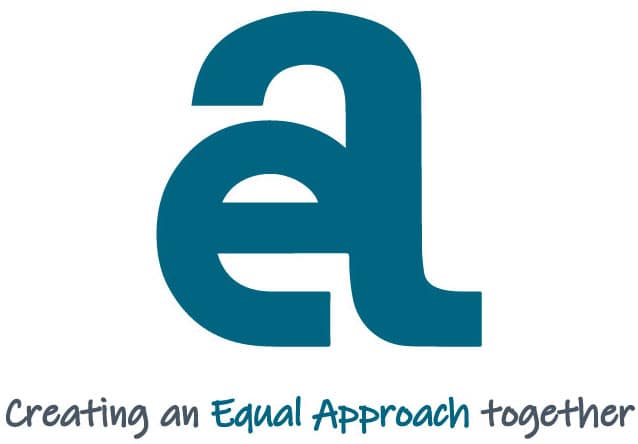Have any Questions?
0330 024 5967Email us today
info@eainclusion.comInclusion and Diversity Consultancy
Empowering global organisations with measurable cultural change
Invest in your company's future with diversity and inclusion.


About Us
Enhancing performance through people and culture
The EA Group has a global focus upon embracing the power of diversity and creation of positive inclusive cultures, to produce maximum impact for people, their engagement and output, and ultimately the financial performance of its customers.
EA are the authors of globally recognised tools including the ‘Return on Inclusion’ audit, with over 20 years of experience within the space of culture change and measurable outcomes to create inclusive environments.
Our Solutions
We provide the best solutions for your organisation
Learning and Development
Impactful learning and development programmes, proven to deliver culture change and embed inclusion. All of them are tailored to suit your organisation's specific requirements and aligned with your business strategy for maximum effectiveness.
Strategic Advisory
Our strategic advisory services support you in developing and implementing strategies and programmes to meet your objectives. Our Continuous Improvement and Leadership Programmes have been developed to bring out your organisation's full potential.
Cultural Change
Specialising in cultural change enables us to investigate your current beliefs and behaviours and create plans for continuous improvement. Experience our transformative programmes on your journey towards a more inclusive and successful organisation.
Organisational Design
Our organisational design programmes support your desires to adapt and transform. We work exclusively to identify your unique challenges and implement practical solutions that fit your organisation's goals and objectives.
Sustainability
Discover how our sustainability programmes can support your organisation in addressing your key challenges. By planning for both now and the future, you can create a legacy that will benefit your organisation for years to come.
Inclusive Recruitment
Our inclusive recruitment services attract diverse talent, remove barriers, and widen reach for your organisation. Utilise REACH Job Board, unbiased interviewing, and Inclusive Recruitment Masterclasses for diverse talent acquisition and onboarding training.
Coaching and Mentoring
Coaching and Mentoring programmes are designed to empower personal growth and boost confidence and performance. Benefit from our fully managed, inclusive mentoring, ensuring a robust and comprehensive experience.
Outsourced HR Services
Achieve full potential with our HR outsourcing solutions. Offering your organisation an effective, efficient, and flexible option to tackle key challenges you may face, from hiring and onboarding to payroll and crisis management.
Inclusion and Diversity
Our impactful inclusion and diversity programmes have been proven to embed inclusion within organisations. Benefit from our Return on Inclusion Audit Tool and diverse support services for effective diversity and inclusion strategies.

Creating an equal approach together
Case Studies
Supporting organisations across the globe

Personally I learned alot from being a mentee. It helps me to develop as an HR Leader to get new perspectives on our strategic topics like how to attract tomorrow’s talents to Sandvik, what is a great Employee Experience and how to improve it in my reverse mentor’s eyes. I really encourage all senior leaders to have a reverse mentor.
Anna Hedebrant /
Vice President Human Resources, Sandvik Machining Solutions
I do not normally post this kind of updates, but the Global Mentoring Program that we ran at Sandvik with the support of our friends from EA Inclusion was by far one of the best growth journeys that I’ve taken part in my entire career. I am proud for having been selected for the first wave and thankful for the opportunity it gave me to meet wonderful people and to - hopefully - become a better individual myself.
Gianfranco Bianco /
Global Web Business Analyst, Sandvik Coromant




